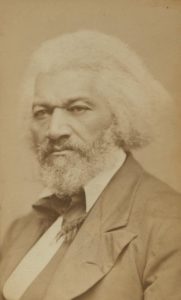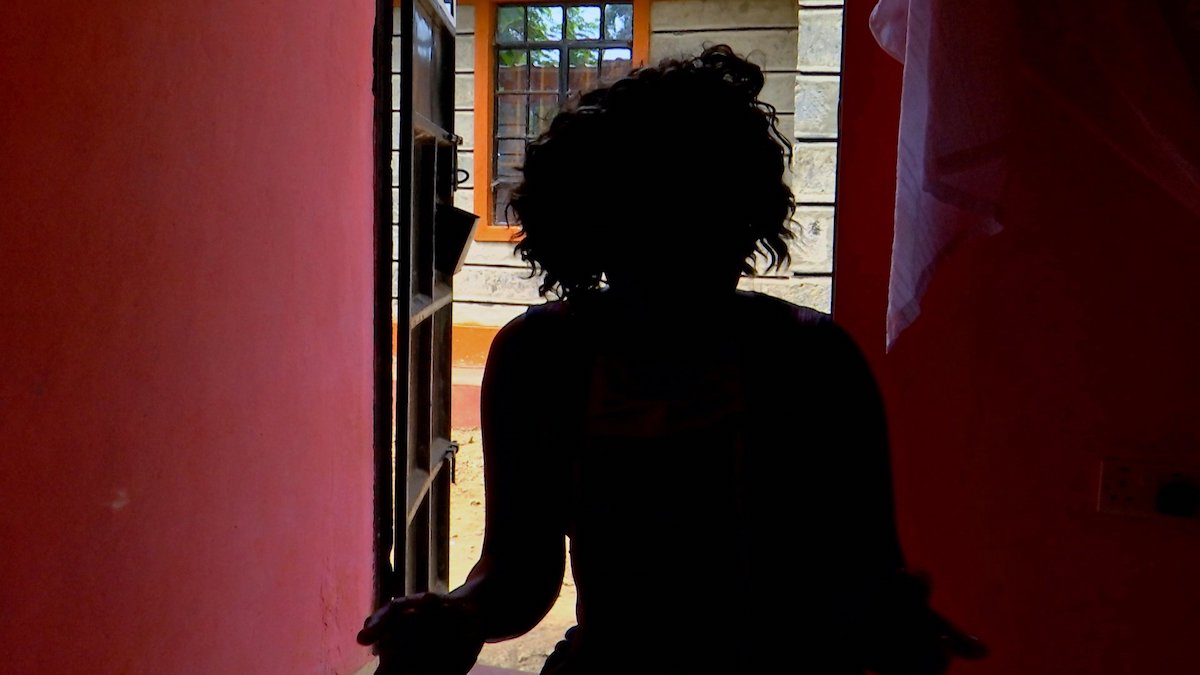CLEVELAND (CNS) — Two members of Congress have introduced a bill to expand successful trafficking prevention efforts in schools and businesses.
Reps. Chris Smith (R-N.J.) and Karen Bass (D-Calif.) introduced the Frederick Douglass Trafficking Victims Prevention and Protection and Reauthorization Act of 2021 in the House of Representatives Sept. 3.
“During COVID … the exploitation of children has risen substantially, mostly online, and there is kind of like a pent-up demand to exploit, it’s lingering there,” Smith said during a livestreamed news conference prior to the bill’s introduction.
“As COVID further diminishes, we’re going to see people who feel they’re entitled to exploit young women or boys and we have to make sure we have all the tools arrayed against them,” he said.

The date the bill was introduced is significant because it is the day in 1838 that the 20-year-old Douglass self-emancipated himself in Baltimore and, disguised as a sailor, made his way via steamship and train to New York. He subsequently played a leading role as an abolitionist, social reformer, speaker and writer.
Smith, who is Catholic, has been a longtime supporter of federal anti-trafficking efforts, having authored legislation that dates to 2000. The new bill would expands on measures enacted by passage of a 2018 bill that also carried Douglass’ name.
Bass’ collaboration with Smith has focused on children within public welfare systems to ensure they have adequate support, including housing, to limit potentially falling victim to traffickers or being exploited again.
The bill includes a measure to provide $35 million for housing assistance grants to trafficking victims.
Kenneth B. Morris Jr., great-great-great-grandson of Douglass and great-great grandson of educator Booker T. Washington, told the news conference the reauthorization bill is needed to continue the progress made on human trafficking prevention.
The current law’s support for age-appropriate prevention programs in elementary and secondary schools has enabled more children and teachers to recognize the signs of exploitation and to develop the skills to step in to help, said Morris, president of the Frederick Douglass Family Initiatives, an anti-trafficking organization based in Rochester, New York.
The organization has introduced the PROTECT trafficking prevention program in partnership with two California-based nonprofit organizations and has reached 500,000 students and 60,000 adults, according to the program’s website.
Smith told Catholic News Service that private schools are equally as eligible as public schools to receive funding for anti-trafficking education through grants administered by the Department of Health and Human Services.
One section of the bill would reauthorize and enhance International Megan’s Law to track convicted sex offenders living abroad who return to the U.S.
Other provisions include bolstering protections for victims and witnesses during trafficking investigations; establishing restitution for trafficking survivors; adding accountability for the U.S. and foreign governments, hotels, and airlines through anti-trafficking training and codes of conduct; and introducing stricter sanctions for traffickers and “Tier 3” countries that do not meet minimum standards to address or eliminate trafficking.
Smith said he hopes Congress acts quickly on the bill. Funding for programs under the 2018 law ends Sept. 30, the end of the federal government’s current fiscal year. If not passed by the deadline, Smith anticipates Congress will pass a continuing resolution so programs do not end.






